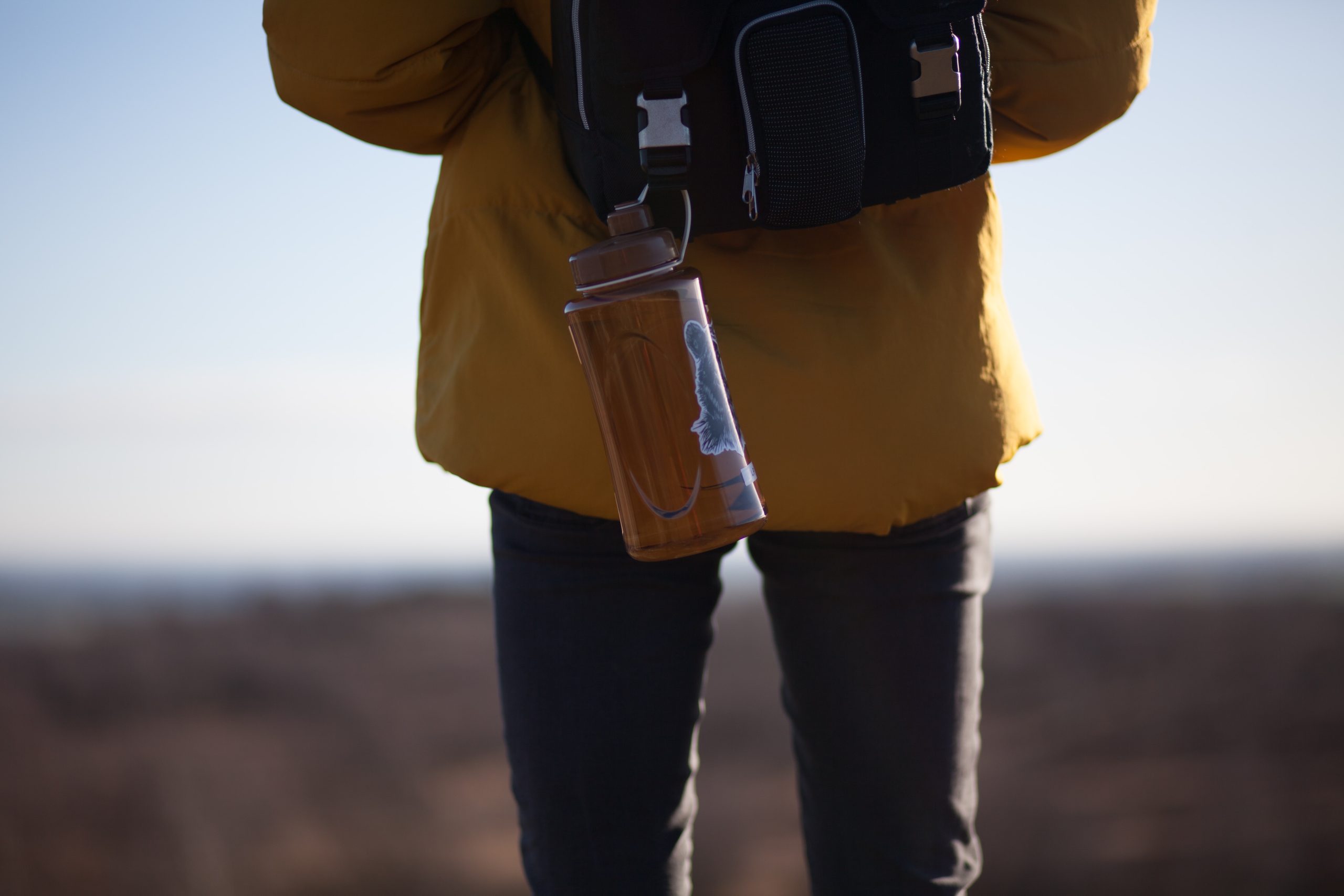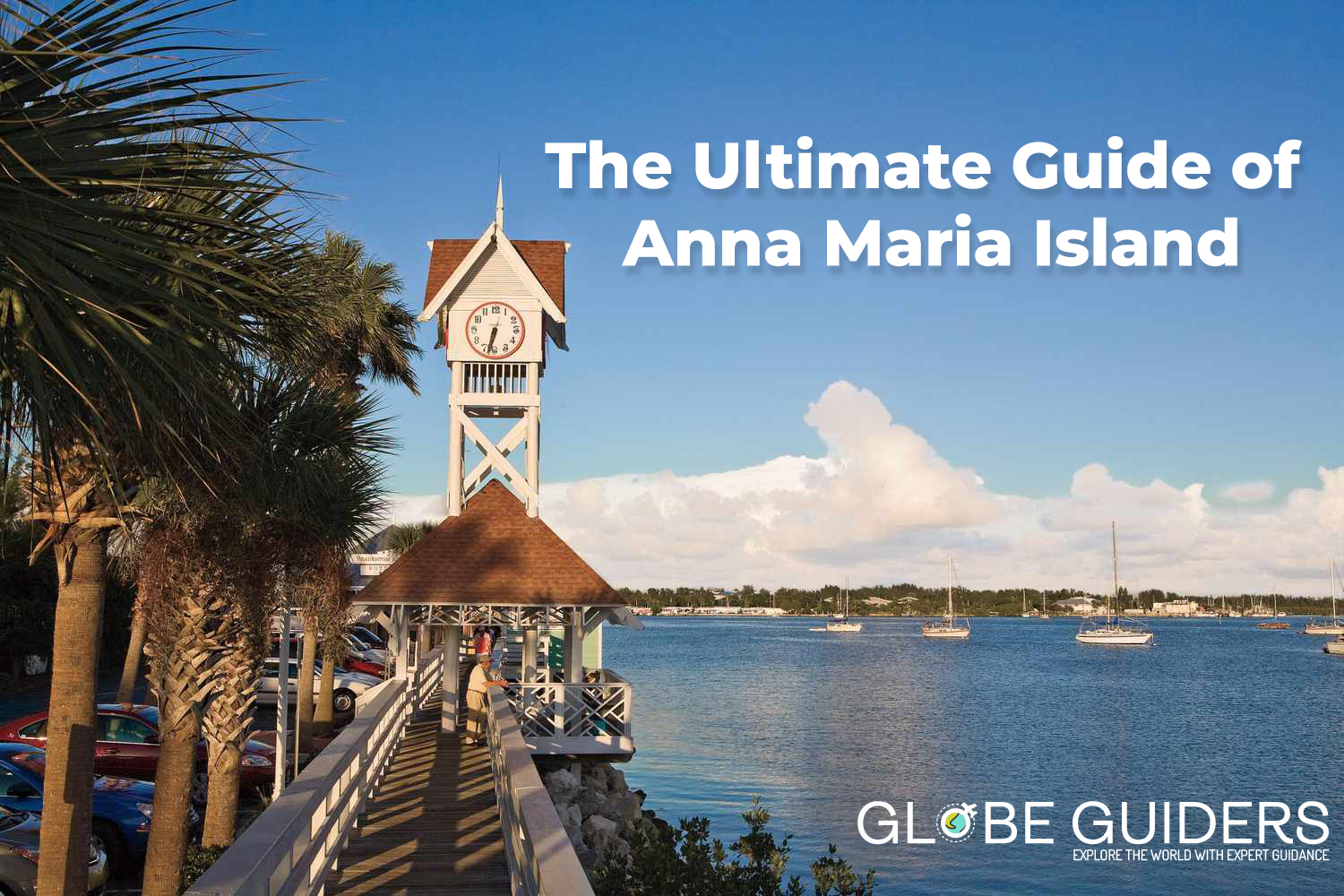Visit the amazing Passu Cones, which are tucked away in Northern Pakistan’s Gilgit Baltistan area in the Gojal Valley. The beautiful city of Passu is set against the awe-inspiring Passu Cones, the powerful Passu Sar Mountain, and the huge Passu Glacier. This is a picture-perfect scene that brings tourists from all over the world to see the beauty of nature. Welcome to Passu, where the Tupopdan peak, also known as Passu Cones, is nature’s unique landmark.
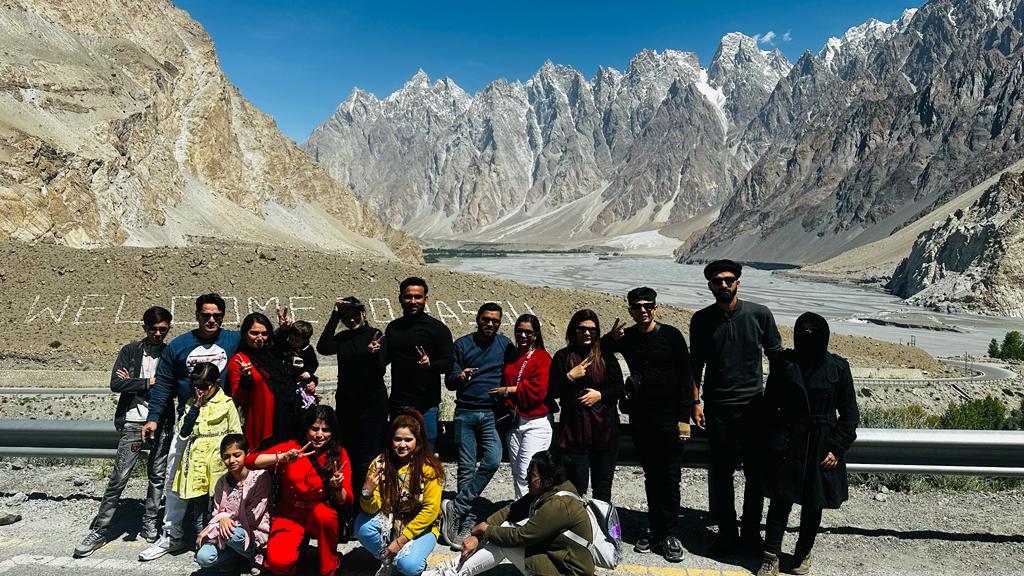
Geography and Landscape of Passu
Passu, a gem on the Karakoram Highway, is perfectly situated for a captivating experience of Pakistan’s northern beauty. Adjacent to the Passu Glacier and just south of the Batura Glacier, the seventh-longest non-polar glacier globally, Passu’s landscape offers awe-inspiring vistas for every nature enthusiast.
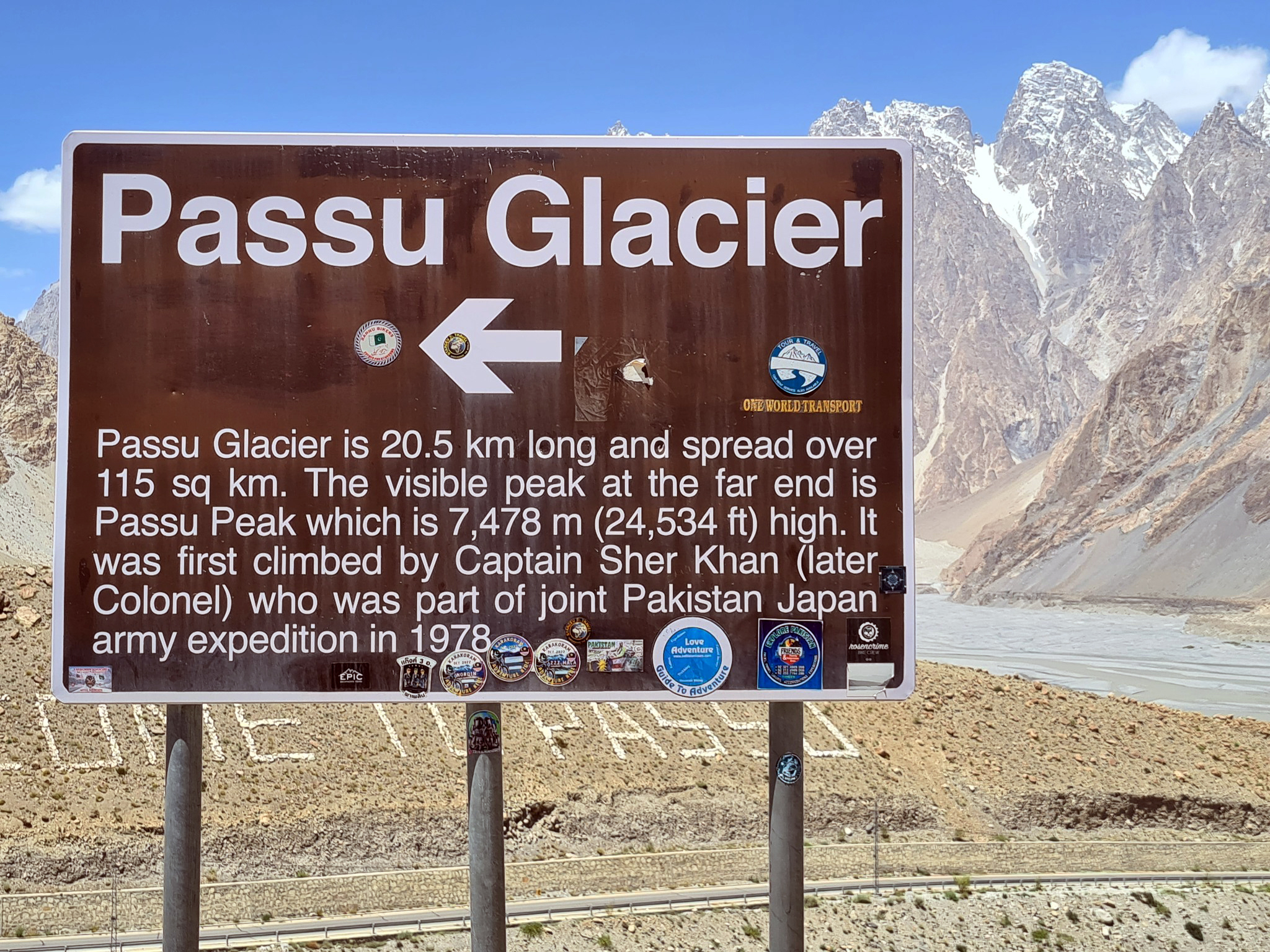
Exploring the Passu Cones
Renowned for their sharp, vertical peaks, the Passu Cones, composed of granite, gneiss, and schist, stand as a testament to nature’s remarkable architectural prowess. Rising majestically to a height of 6,106 meters, the most photographed Tupopdan peak, forms the centerpiece of the region’s attractions.
- Tupopdan: Known as ‘Passu Cones’ or ‘Passu Cathedral’, Tupopdan is an intriguing spectacle for mountaineers and nature lovers alike.
- Nearby Peaks: Enhancing the area’s stunning beauty are high peaks such as Passu Sar, Shispare Sar, and Batura, each contributing their unique charm to the picturesque setting.
The Cultural and Spiritual Significance of Passu Cones
Beyond their physical beauty, the Passu Cones hold deep spiritual significance for the locals. These peaks are not just geological landmarks but sacred symbols, often featured in local art and handicrafts, thus underpinning the area’s rich cultural tapestry.
Also Read: Explore Sharan Forest: Your Ultimate Travel Guide
Adventures and Attractions in Passu
When you go to Passu, you can enjoy its natural beauty, but you can also do a lot of other interesting things and have unique experiences. You can go on a soul-stirring walk through green valleys, enjoy the peace of Borith Lake, or learn about the area’s history by going to Karimabad, where the old Baltit Fort stands as a reminder of the area’s long history. Each thing to do in Passu shows a different part of the area’s rich culture history and stunning natural beauty.
Where to Stay
Several hotels offer comfortable accommodation options in Passu. Sarai Silk Route Hotel Passu Hunza, Passu Tourist Lodge, and Passu Ambassador Hotel come highly recommended. These establishments, besides providing excellent services, offer mesmerizing sunrise and sunset views of the Passu Cones.
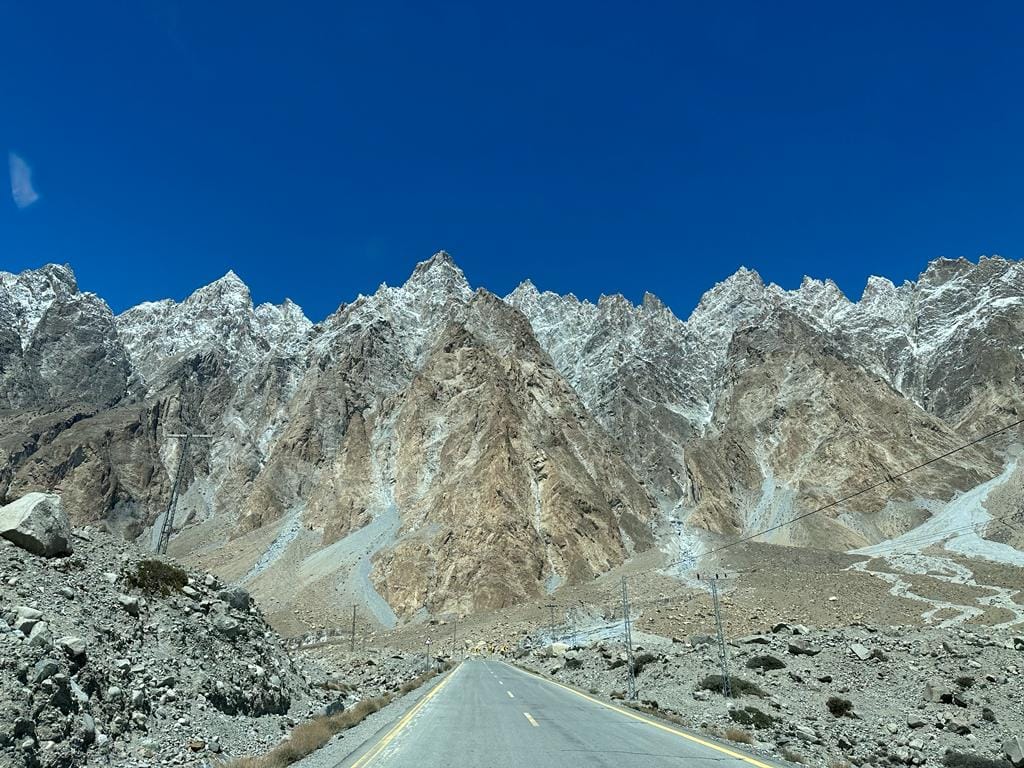
How to Reach Passu
Reaching Passu is an adventure in itself. Whether you’re journeying from Hunza, Gilgit, or Islamabad, you’ll be treated to spectacular views.
Traveling to Passu by Plane
Pakistan International Airlines (PIA) operates 12 flights per week connecting Gilgit to Islamabad.
Traveling to Passu by Road
Take a road trip like no other to the beautiful Passu Cones in Northern Pakistan’s Gojal Valley. Passu is about 100 kilometres from the main city in the area, Gilgit. It takes about two to three hours to drive there along the beautiful Karakoram Highway (KKH). This route is not merely a path, but a spectacle in itself, offering captivating vistas that prime you for the awe-inspiring landscape in Passu.
Those who start this trip from Islamabad, the capital of Pakistan, should plan on spending about 24 hours on the road. This length of time is a small price to pay for the beautiful sights and nature that you’ll see along the way.
Foreign tourists from China can take daily buses from Kashgar to Hunza via Sost. The buses go through the high Khunjerab Pass, which is about 5000 metres high at its highest point.
When you get to Sost, there are lots of things to do, from trekking in the beautiful valleys to a trip to Karimabad to see the old Baltit Fort, which is only 2 hours away.
Conclusion
Experiencing Passu is an immersive journey into the heart of nature’s marvels. Whether it’s the iconic Passu Cones, the spiritual stories woven by the locals, or the rustic charm of the village itself, Passu leaves an indelible imprint on every traveler






